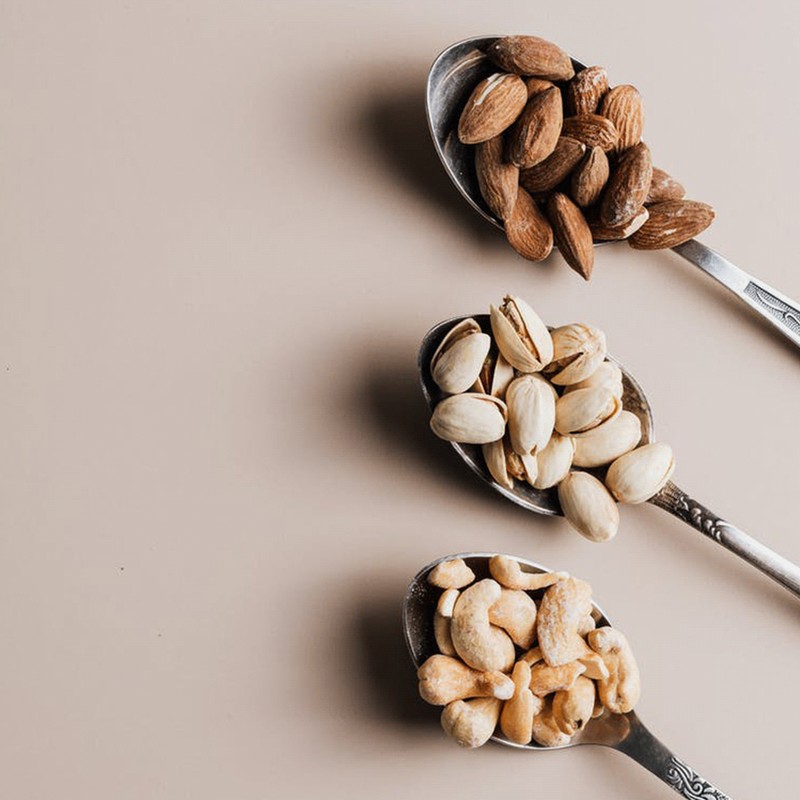
Nuts 101: Are They All Healthy?
They Have Superfood Status
Forget avocados and goji berries – nuts and seeds are one of the food world’s unsung nutritional heroes. As Kathryn Danzey, wellness expert and founder of Rejuvenated explains, “Nuts are superfoods packed with fibre, protein, vitamins, minerals and micronutrients. They’re a key element in the Mediterranean diet and according to research by Harvard University, just one serving of nuts per day is associated with a 30% lower risk of heart disease compared with having one serving of red meat per day.” Registered dietitian Louise Bula agrees, adding both nuts and seeds can prolong your life, with studies showing they can lower cholesterol levels, reduce blood pressure and improve blood sugar control.
A Daily Dose Can Help With Weight Loss
Numerous studies show eating a daily portion of nuts may prevent you from gaining weight. “Nuts are rich in monounsaturated fatty acids, which naturally target fat around the midriff,” Kathryn explains. “The best nuts for weight loss are those low in calories and high in fibre. The gingko nut is a good example. It isn’t easily available in the UK, but you can buy it in powder form to add to your morning smoothie. Walnuts and chestnuts can also help keep your appetite under control.” Belinda Blake, registered nutritionist from the Institute for Optimum Nutrition, adds that nuts and seeds are also a good energy source if you’re following a lower carbohydrate diet. “Flaxseeds, chia, walnuts and hemp are particularly rich in omega-3 oils, which can also be handy if you are suffering from an inflammatory condition or are looking to support brain health.”
Some Are Higher In Carbs Than Others
By and large, nuts are a low-carb snack packed with healthy fats and protein, but it pays to pick yours wisely if you are watching your waistline. As Belinda explains, “Cashews and sunflower seeds are particularly high in carbohydrates, but not all carbs are the same. For example, the carbs in sunflower seeds contain oligosaccharides, which can support gut health and may help regulate blood sugar. Also be wary of chestnuts, which contain twice as many carbs as cashews.”
They Can Support Muscle Growth, Too
Both nuts and seeds are widely praised for their high protein content, but not all of them are created equal. “Hemp seeds come top of the pile when it comes to protein (32%), closely followed by pumpkin seeds (30%), which is why you’ll often find these in protein powders. Peanuts are third on the list, followed by almonds and pistachios. When compared to a steak at 25% protein and salmon at 20% protein, they rank surprisingly highly,” Kathryn adds. If you are vegan, just be wary of relying solely on nuts and seeds for protein, as they aren’t complete proteins. “Nuts and seeds don’t contain all nine essential amino acids so it’s important for those on a plant-based diet to combine these with vegetables, beans or lentils,” says Kathryn.
Just Remember To Perfect Your Portion
“A small handful of mixed nuts (around 30g) is the perfect portion size, providing around 180 calories,” says Kathryn. “The percentage of fat will differ slightly according to the nut – for example, most nuts have predominantly unsaturated fats but Brazil nuts, cashews and macadamias are higher in saturated fat. Too much of this type of fat can lead to raised cholesterol levels,” she says. “To get a diverse range of nutrients, the ideal combination of nuts for a snack would contain some almonds (rich in protein, vitamin E and magnesium), peanuts (high in protein and folate), walnuts (for omega-3s) and a couple of Brazil nuts, one of the richest sources of selenium.”
It's Important To Know What You’re Buying
Avoid dry roasted, salted, flavoured or honey roasted nuts, which often contain added salt and sugar and are loaded with calories. Kathryn also recommends buying organic nuts if your budget stretches, although if it doesn’t, consider just buying cashews, pistachios and peanuts organically, as these have been flagged as having a higher pesticide load than others. Nut butters are also a great way to get your daily dose. “Opt for brands that don’t have any added sugar or additives – Pip & Nut and Meridian are good examples,” Louise recommends.
Soaking Them Helps With Digestion
If you have IBS or struggle with your digestion, it could be worth soaking nuts before you eat them. “While nuts are packed with nutrition, they also contain phytic acid and enzyme inhibitors. These are naturally occurring chemicals, which can have an impact on how our body can absorb nutrients and reduce our ability to take up the goodness from minerals. Phytic acid binds to some minerals within nuts in the digestive tract to prevent proper absorption, which can cause problems. Soaking nuts in salted water for a few hours will activate the enzymes to neutralize the enzyme inhibitors. Simply add a pinch of salt to enough water to cover the nuts and leave for a few hours,” Kathryn advises. Belinda adds that roasting nuts will also reduce levels of phytic acid as well as enhance their flavour, but don’t roast them for longer than 10-20 minutes as intense heat can damage the nut’s oils. “Avoid roasting walnuts and flaxseeds as these have higher levels of fats than other nuts and seeds and can be easily damaged by heat,” she adds.
Stocking Up On The Basics Is A Good Idea
Keen to eat more nuts and seeds but not sure where you should start? Louise says you can’t go wrong with upping your intake of almonds and flaxseeds. “These are the most nutrient-dense varieties. A 28g serving of almonds contains 14g healthy fats, 3.5g of fibre, 37% of your RDI for vitamin E and 19% of the RDI for magnesium. At the same time, a 28g serving of flaxseeds contains an impressive 7.8g of fibre, 5g of protein, 35% of the RDI for manganese, 31% of the RDI for thiamine (vitamin B1) and 28% of the RDI for magnesium.”
Finally, Get Creative
Your daily dose of nuts and seeds can be so much more than a mere handful, says Belinda. Here are her top ideas for incorporating nuts into your diet…
-
Add nuts and seeds to granola and muesli, or sprinkle over porridge.
-
Add a variety of nuts and seeds to a small amount of dried fruit, coconut flakes, dark chocolate buttons, popped corn and cinnamon to make your own trail mix.
-
Sprout sunflower and quinoa seeds and sprinkle over salads to add flavour and crunch.
-
Dip almonds and Brazil nuts in dark chocolate for a sweet treat.
-
Blitz toasted hazelnuts and sesame seeds with cumin, fennel and coriander seeds, thyme, sea salt and black pepper to make a Dukkah – sprinkle over roasted vegetables, salads and hummus.
-
Blend walnuts with basil, rocket, garlic and walnut oil to make a pesto – enjoy with roasted vegetables, pasta or chicken.
-
Blitz pre-soaked nuts into a paste (using stock or coconut milk) to thicken curries and soups.
-
Roast the seeds from the middle of a butternut squash – sprinkle with olive oil, spices and seasoning and roast for ten minutes.
-
Make chia jam with your favourite fruit and serve with pancakes or plain yoghurt.
Louise Bula is a registered dietician specializing in diabetes and weight management; she also freelances for nutrition communications agency HRS Communications. For more information on Rejuvenated and Kathryn Danzey visit Rejuvenated.com and ION.ac.uk.
Shop our favourite nut products...
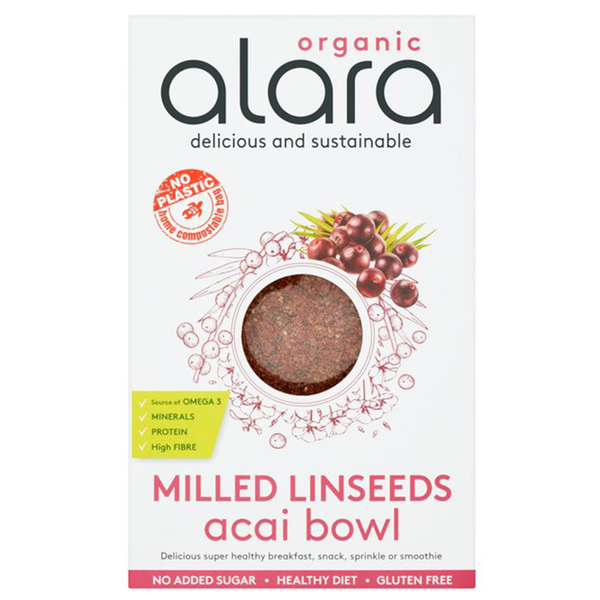
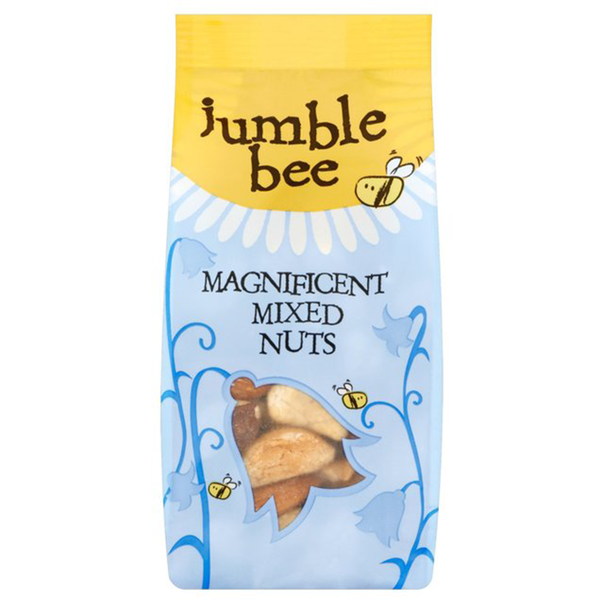
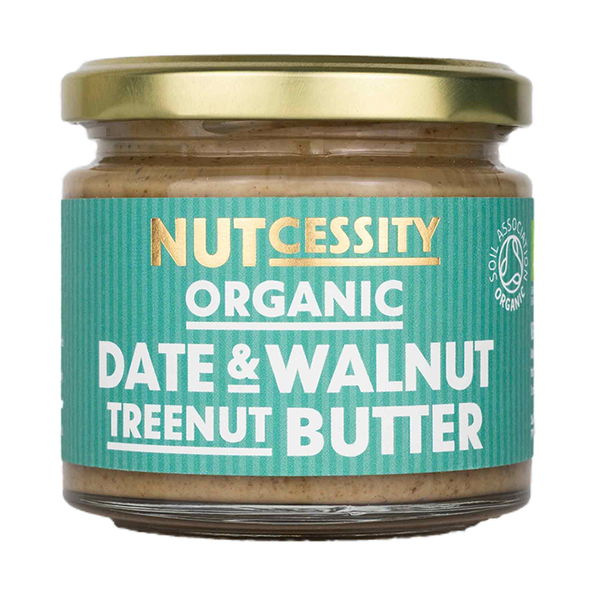
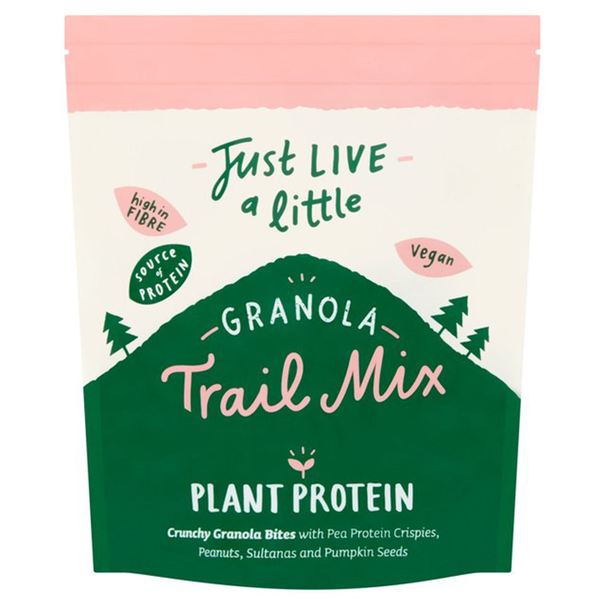
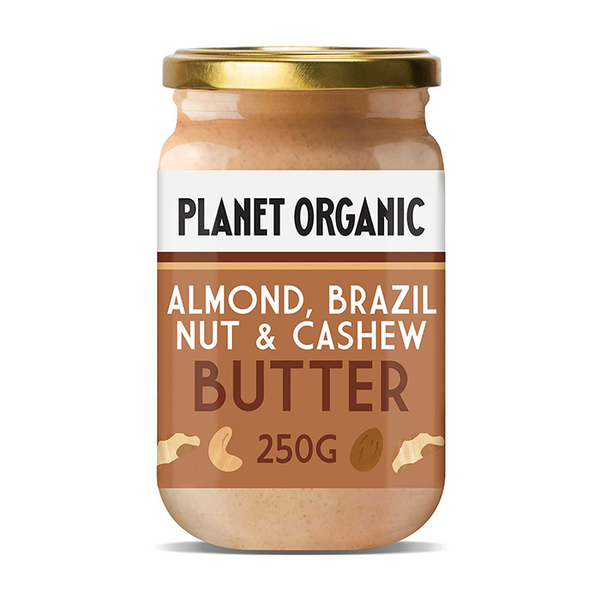
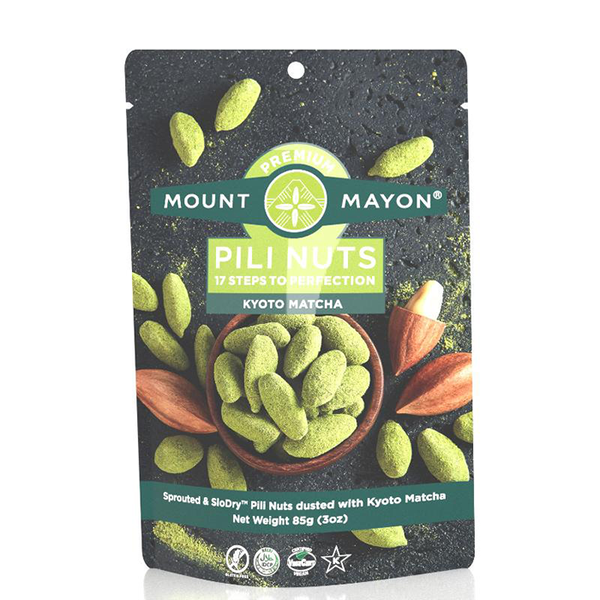
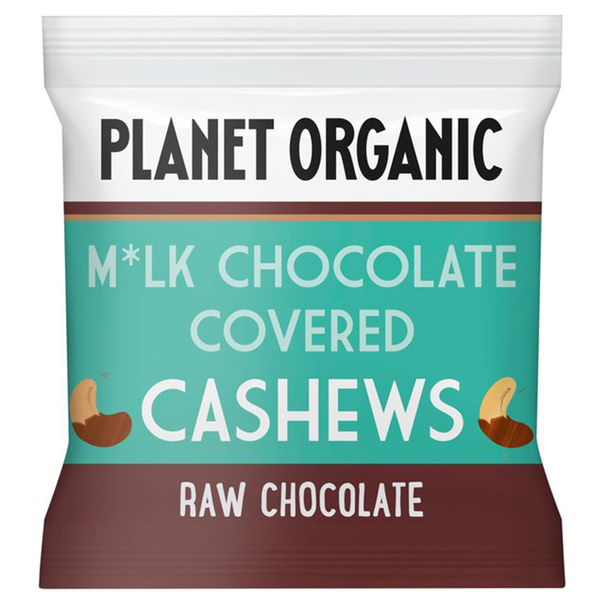
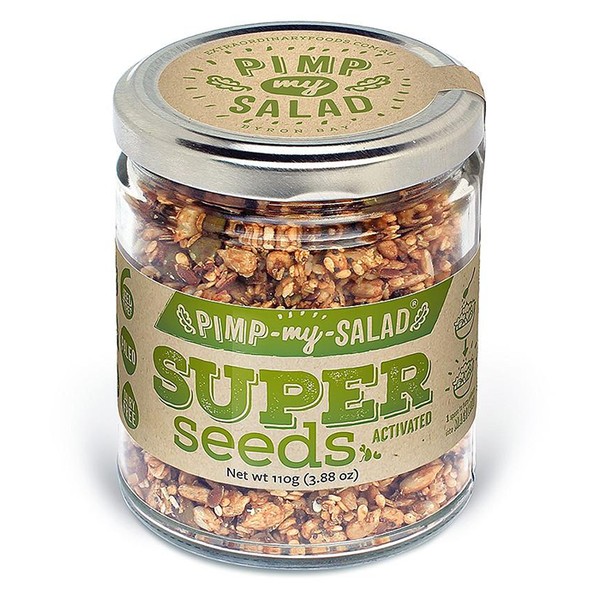
DISCLAIMER: Features published by SheerLuxe are not intended to treat, diagnose, cure or prevent any disease. Always seek the advice of your GP or another qualified healthcare provider for any questions you have regarding a medical condition, and before undertaking any diet, exercise or other health-related programme.
CREDITS: KAROLINE GRABOWSKA / PEXELS
DISCLAIMER: We endeavour to always credit the correct original source of every image we use. If you think a credit may be incorrect, please contact us at info@sheerluxe.com.

